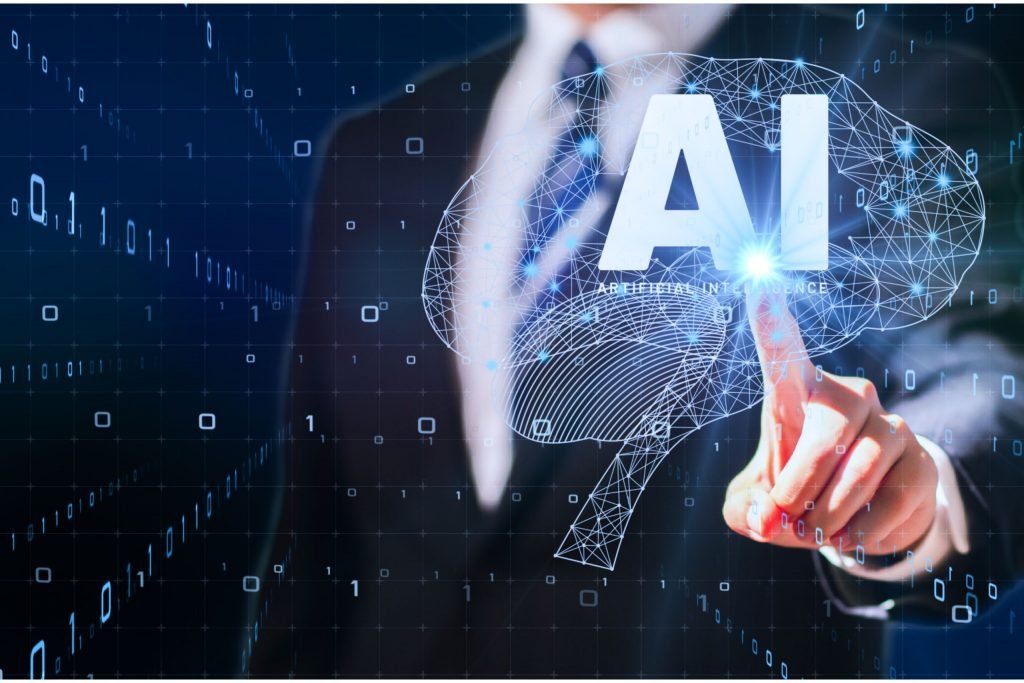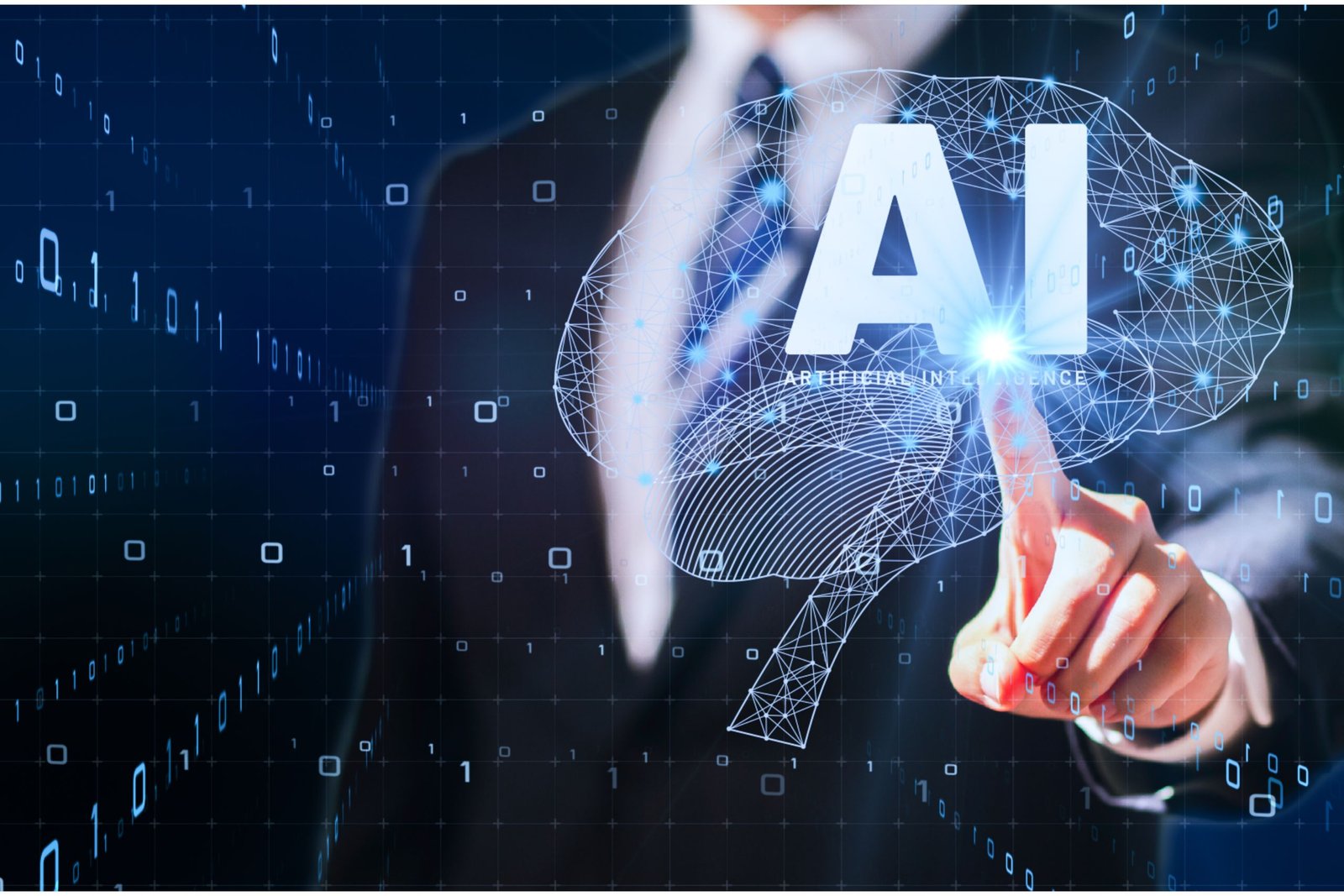
AI (artificial intelligence) is one of the most important changes in digital marketing as technology keeps getting better. In the past few years, AI has made big changes to how businesses do search engine optimisation (SEO), which has completely changed how we optimise websites and content. The old SEO methods that relied on a lot of human work and simple formulas are long gone. AI is now changing SEO by giving companies new tools and information to improve their results and overall performance. Machine learning and data analysis are shaping the future of SEO, from smart algorithms that guess what search trends will be to content creation powered by AI. This piece will talk about how AI is changing SEO and what companies need to know to stay ahead of the game in the years to come.
The Role of AI in Keyword Research
Keyword study has always been an important part of SEO, but with the rise of AI, it’s changing in big ways. Marketers can now get a better idea of what users want and how they look with tools that are driven by AI. AI can tell which keywords will do well based on data trends, semantic search, and even voice search optimisation, rather than just term volume and competition.
AI systems can look at search data more quickly and easily, finding long-tail buzzwords and new trends that humans might have missed using older methods. These tools also help you find gaps in your content and suggest keywords that are important to your audience. This makes keyword research much smarter than it has ever been.
Businesses can make better decisions based on data and create content plans that connect more with their target audience when they use AI for topic research. This leads to better results and more focused traffic.
AI-Powered Content Creation
For SEO to work, you’ve always had to make sure your content is high quality and useful. Content production, on the other hand, can take a lot of time and resources. Here come AI-powered content creation tools that are changing how companies prepare material.
AI systems, such as GPT-based tools, can write articles, product descriptions, and social media posts that are both SEO-friendly and relevant to the topic at hand. Natural language processing (NLP) is used by these tools to write content that sounds like it was written by a person. This content not only follows SEO best practices but also speaks directly to what users want. AI can make material that directly answers users’ questions and meets their needs by learning how they search and what information they are most likely looking for.
AI-made material is still in its early stages, but the technology is quickly getting better. Businesses can use AI to speed up content creation, make it easier to scale, and make sure that their website always has new, SEO-friendly content as long as someone checks it and makes changes as needed.
Enhancing User Experience with AI
In current SEO, user experience (UX) is very important. Search engines like Google are giving more weight to websites that give users a smooth and interesting experience. AI is a big part of making UX better because it customises material and makes sure that sites work best in real time.
AI tools can look at how people use your site, including how long pages take to load and how they move around it, and give you information that can help you improve the whole experience for users. AI-powered robots, for example, can interact with site viewers, answer common questions, and direct them to the content or goods they want. This makes users happier and keeps them on the site longer.
AI is also very important for personalising material based on how users have behaved or what websites they have visited in the past. Businesses can make suggestions for goods, services, and material that are more relevant to each customer by using prediction algorithms. This creates a more personalised experience that increases conversion rates and encourages customers to come back. AI will have an even bigger impact on how websites do in search results as search engines continue to put more emphasis on user experience.
AI and Search Engine Algorithms: A New Era of Rankings
The way AI has changed search engine algorithms is one of the most important changes it has made to SEO. With the help of AI and machine learning models like RankBrain, Google’s algorithms are getting better at figuring out what users want, why they do what they do, and how they act.
Search engines can give more accurate and useful results because they focus on the quality of the content and the user experience instead of just term optimisation thanks to AI-driven algorithms. So, SEO tactics need to look at more than just keywords. They also need to look at the quality of the content, the layout of the site, and measures for user involvement.
In the case of Google, the BERT (Bidirectional Encoder Representations from Transformers) version uses natural language processing to figure out what people are asking for more accurately. This lets search engines give you better results, especially for long-tail and social questions. Understanding how AI is used in search engine algorithms is important for businesses that want to change their SEO strategies to make their online presence more secure in the future.
Automating SEO Tasks with AI
From on-page optimisation to backlink research, SEO is full of jobs that need to be done over and over again. Many of these chores can now be done automatically by AI tools. This gives SEO experts more time to make smart choices and do high-impact activities.
AI-powered tools can, for example, make SEO checks that find problems on the page itself, such as broken links, missing meta tags, or slow load times. AI can also help with backlink research, which means finding good chances to build links and keeping track of how well current backlinks are doing. Based on real-time data analysis, these tools can even suggest changes that will make the material better organised, easier to read, and varied in keywords.
Automation driven by AI not only makes things more efficient, but it also makes sure that SEO tasks are done more accurately, which cuts down on mistakes and gives information that would be missed if done by hand. Businesses can stay ahead of the curve by letting AI handle the technical details while they focus on the bigger picture.
AI’s Impact on Local SEO and Voice Search
AI is making a big difference in two areas: local SEO and voice search optimisation. AI-powered tools are improving local search results by looking at user behaviour and local trends to give users more useful results based on where they are.
In the past few years, voice search has grown very quickly. More and more people are using virtual helpers like Siri, Alexa, and Google Assistant to do their searches. Voice search optimisation tools that are powered by AI help businesses make their content better for natural language questions, which are more chatty and detailed than text results.
Businesses can make sure they reach customers nearby and show up in relevant search results by optimising for voice search and local SEO. This brings more foot traffic and online conversions.

Conclusion
The rise of AI-driven SEO is a big change in how companies do search engine optimisation. AI is helping businesses stay competitive in the constantly changing digital world by making keyword research and content creation better, as well as by handling chores and making the user experience better. As AI keeps getting better, it will become even more important to SEO. This will give businesses more chances to improve their strategies, give customers more relevant content, and move up in the results. Businesses that want to stay ahead will need to use AI-powered SEO tools and methods to be successful in the long run. If you want to find out more about the newest SEO tips, tricks, and trends, check out our SEO News. We keep it up to date with how digital marketing is changing.




0 Comments